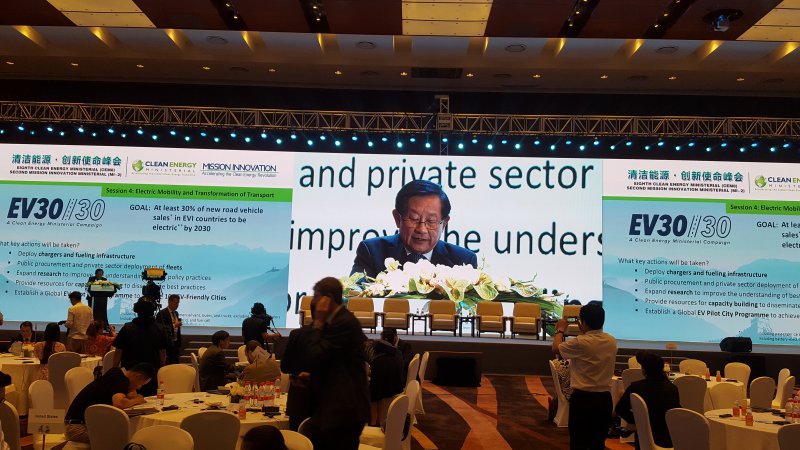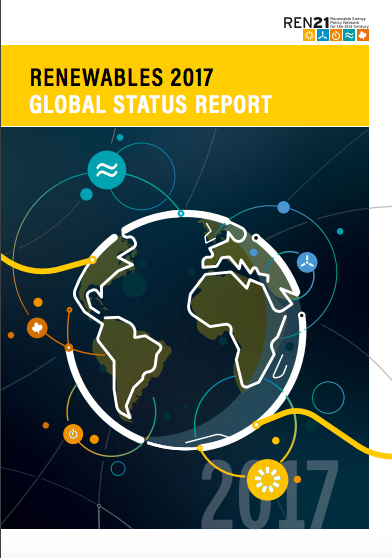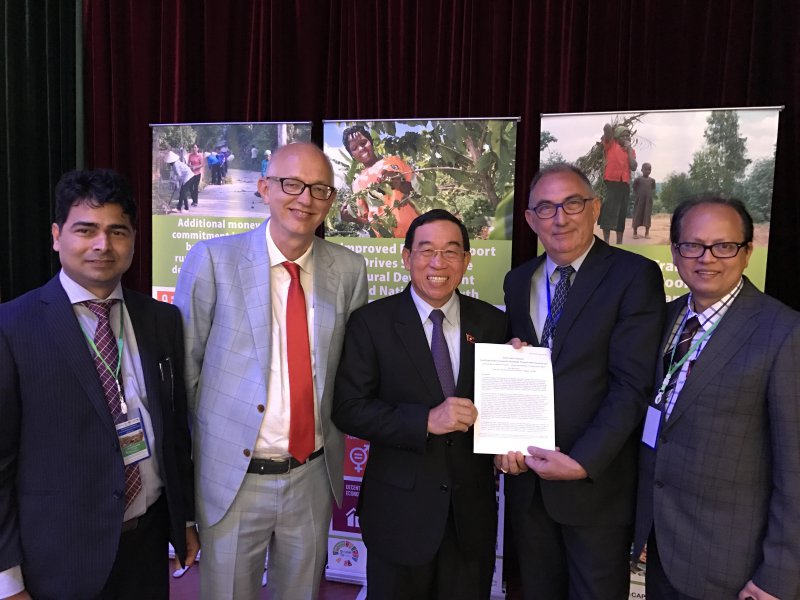New CEM campaign aims for goal of 30% new electric vehicle sales by 2030
June 8, 2017

BEIJING – The Clean Energy Ministerial (CEM) announced new campaign called EV 30@30 to speed up the deployment of electric vehicles and target at least 30 percent new electric vehicle sales by 2030.

